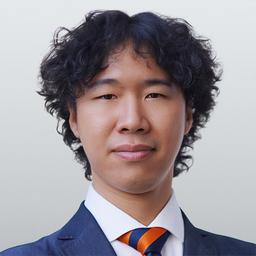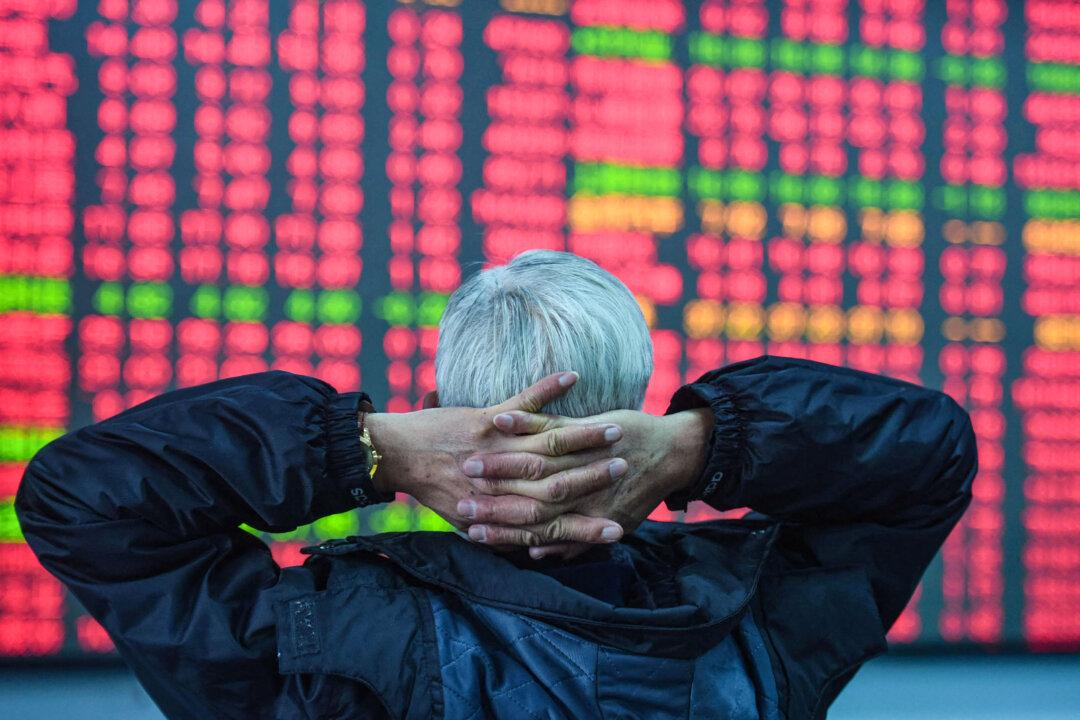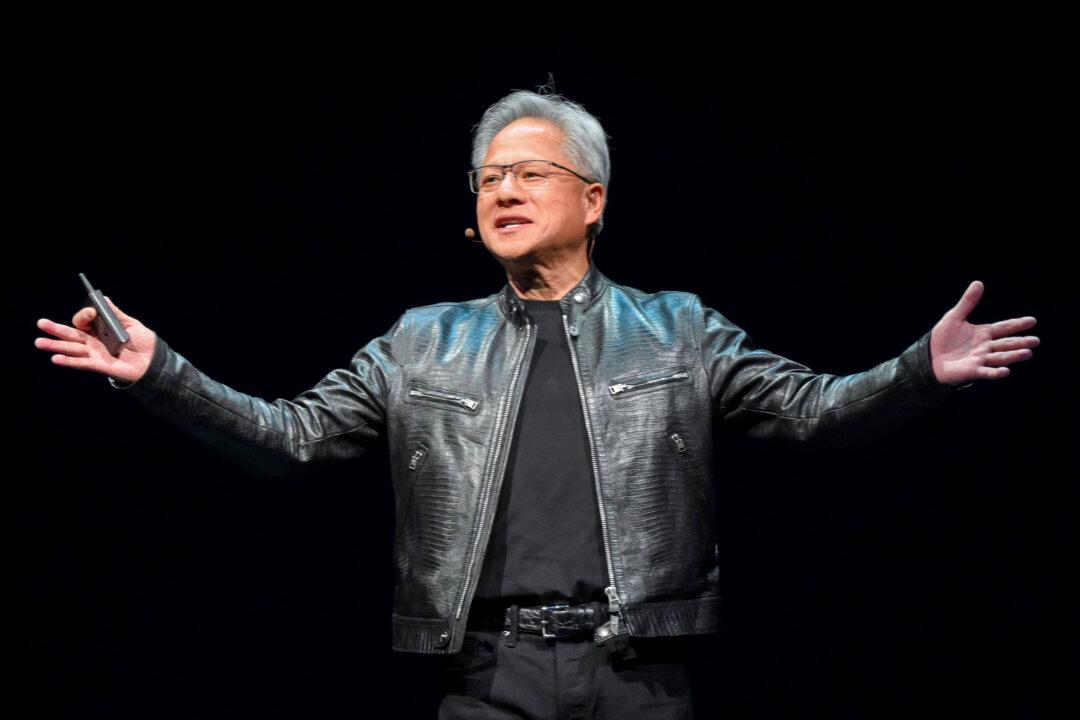The chairman and largest shareholder of the Hong Kong Listed Nan Hai Corporation, Yu Pun-hoi, was declared bankrupt by a Hong Kong court on March 26. He was a prominent figure in Hong Kong who publicly supported the Chinese Communist Party (CCP).
The bankruptcy order was issued following a bankruptcy petition filed by CCB International Overseas Ltd, a subsidiary of China Construction Bank. Mr. Yu’s company reportedly owed CCB International Overseas more than HK$416 million ($53.13 million), according to the Hong Kong newspaper, The Standard.





